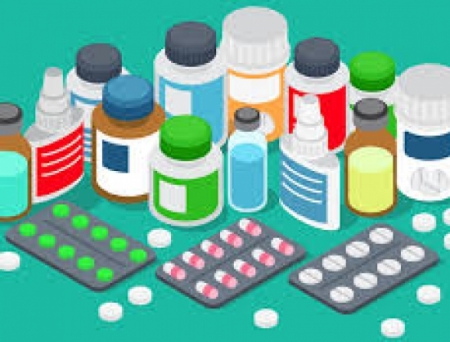GSK, Fleming Initiative Launch AI-Driven Grand Challenges to Target AMR

GSK and the Fleming Initiative have unveiled six major new research programmes, known as the ‘Grand Challenges,’ aimed at slowing the rapid rise of antimicrobial resistance (AMR). These initiatives bring together leading scientific expertise and advanced technologies—including AI—to tackle urgent gaps in antibiotic discovery, fungal infection treatment, immune response understanding, disease prediction, clinical prescribing, and global policy engagement.
The announcement follows the recent WHO GLASS Report, which warns that one in six bacterial infections worldwide is now resistant to antibiotics, and that annual AMR-related deaths could rise from 4.71 million in 2021 to 8.22 million by 2050. All six programmes will begin by early 2026 and will run for three years, fully funded through GSK’s £45 million support as the founding partner of the Fleming Initiative.
A key area of focus will be finding new ways to break through the defences of Gram-negative bacteria—one of the most dangerous global health threats. Scientists at Imperial’s Drug Discovery Hub will work with GSK and Agilent Technologies to use automation and AI to generate fresh insights that can accelerate antibiotic design. Another programme will target the growing burden of fungal infections, beginning with Aspergillus, and will use AI to uncover new therapeutic targets.
Researchers will also model the human immune response to Staphylococcus aureus to support future vaccine development, while other teams will build AI models that predict how drug-resistant pathogens spread using surveillance and environmental data. An innovative clinical trial will explore better ways to prescribe antibiotics, and international research findings will help inform global policy, public engagement, and preventive strategies.
The GSK–Fleming partnership will fund around 50 multidisciplinary research roles based at Imperial College London, strengthening a field that has long struggled to attract scientific talent. Leaders from Imperial, GSK, and the NHS emphasized that AMR is a growing crisis that requires collective, global action.
Launched during World AMR Awareness Week—and coinciding with the 80th anniversary of the Nobel Prize for penicillin—the initiative signals an urgent call to the global scientific community to work together and prevent a dramatic rise in drug-resistant infections over the coming decades.
Last news about this category
We use our own and third party cookies to produce statistical information and show you personalized advertising by analyzing your browsing, according to our COOKIES POLICY. If you continue visiting our Site, you accept its use.
More information: Privacy Policy
















